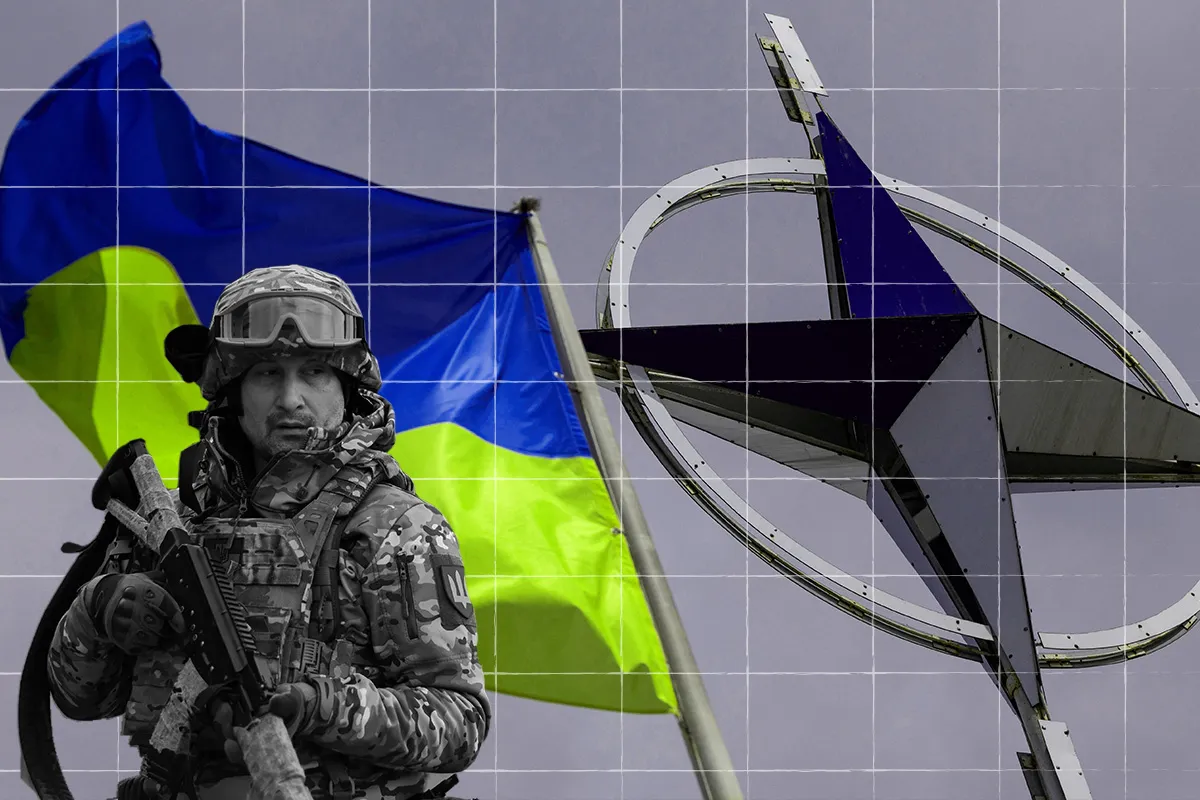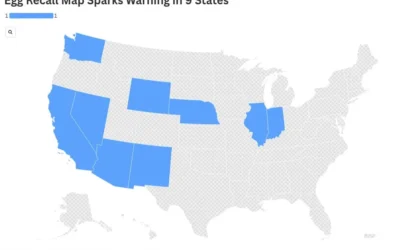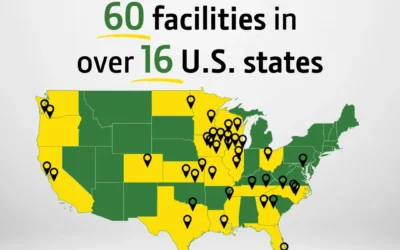Introduction
In the wake of Russia’s ongoing geopolitical maneuvers and the subsequent global energy crisis, the European Union (EU) has been grappling with strategies to reduce its dependence on Russian fossil fuels. The drive to phase out Russian gas has been a priority for Brussels, with discussions revolving around a potential gas ban that would encompass multiple member states. However, the reluctance of powerhouse nations like Belgium and France to fully endorse these plans has sparked a complex dialogue surrounding energy security and economic viability.
The Context of the Energy Crisis
The ongoing conflict in Ukraine has triggered a seismic shift in European energy policies. The EU has been heavily reliant on Russian gas for decades, leaving it vulnerable to the whims of the Kremlin. The invasion of Ukraine prompted urgent calls within the EU to diversify energy sources and reduce reliance on Russia, primarily due to fears of supply disruptions and price hikes.
Belgium and France’s Position
Despite the overarching push from Brussels to impose a ban on Russian gas imports, Belgium and France have expressed their unwillingness to fully support such measures. These nations remain some of the top buyers of Russian liquefied natural gas (LNG), highlighting a tension between regional duties and national interests.
Belgium’s energy minister has outright stated that a sudden ban on Russian gas could have severe repercussions on energy prices and availability, particularly in the colder months. The government fears that abandoning Russian supplies even as the EU negotiates potential alternatives could lead to significant economic strain and energy shortages within key sectors.
Impact on Energy Security
The concept of energy security has never been more pertinent. European countries are at a crucial crossroads: while transitioning towards green energy and carbon-neutral goals under the European Green Deal, they are also faced with the immediate necessity to ensure adequate energy supplies during challenging geopolitical climates.
For Belgium and France, maintaining a consistent flow of Russian gas represents a pragmatic approach to balancing immediate energy needs with long-term sustainability goals. Early efforts to shift towards renewables have not yet provided a comprehensive solution to replace the massive volumes of natural gas required for heating, industry, and power generation.
Market Reaction to Potential Gas Ban
The market has already shown signs of volatility in response to speculation about a Russian gas ban. Prices of natural gas in Europe have experienced wild fluctuations, consistently reaching levels that have caused alarm among policymakers and consumers alike. A gas ban could exacerbate these price surges, impacting inflation rates and overall economic stability.
Moreover, nations such as Belgium and France worry that a hasty exit from Russian gas might lead to increased reliance on more expensive LNG from other countries, further heightening costs for consumers and businesses.
Diplomatic Implications
From a diplomatic perspective, the divided stance on Russian gas between Belgium, France, and other EU members raises questions about unity within the bloc. Various member states have different economic structures, energy needs, and political pressures that influence their positions on Russian imports.
Germany’s decision to halt the Nord Stream 2 gas pipeline highlights just one approach within the EU, but it has also been criticized by its neighbors who feel that such decisions may have economic repercussions that disproportionately affect some nations over others. The insistence from Belgium and France to maintain trade ties with Russia—a country under international scrutiny—poses a challenge for EU cohesiveness and a unified energy policy.
Potential Alternatives and the Road Ahead
As Belgium and France navigate these turbulent waters, there is an acute awareness of the need to identify viable alternatives to Russian gas. A multi-faceted approach that includes increasing LNG imports from diverse nations, investing in renewable energy sources, and optimizing energy efficiency could provide a pathway toward reducing reliance on Russian supplies.
Recent energy agreements with US LNG suppliers reflect an effort to alleviate procurement pressures and diversify sourcing strategies. The US has become a more integral player in the global energy landscape, and its support to EU nations may be crucial as they navigate these negotiations.
Conclusion
As the EU contemplates a future free from Russian gas, it must also consider the collateral impacts such a decision might have on its member states. The stances taken by Belgium and France serve to underscore that energy policy is not just about morality or geopolitics—it is about maintaining economic stability and energy security within countries that rely on reliable fossil fuel supplies.
The negotiations at Brussels will not be straightforward, as competing pressures from various stakeholders emerge. With winter looming and energy needs soaring, the stakes have never been higher for the EU. Finding common ground while respecting national interests will be pivotal in shaping the continent’s energy future and ensuring a cohesive strategy in addressing the evolving geopolitical landscape.







